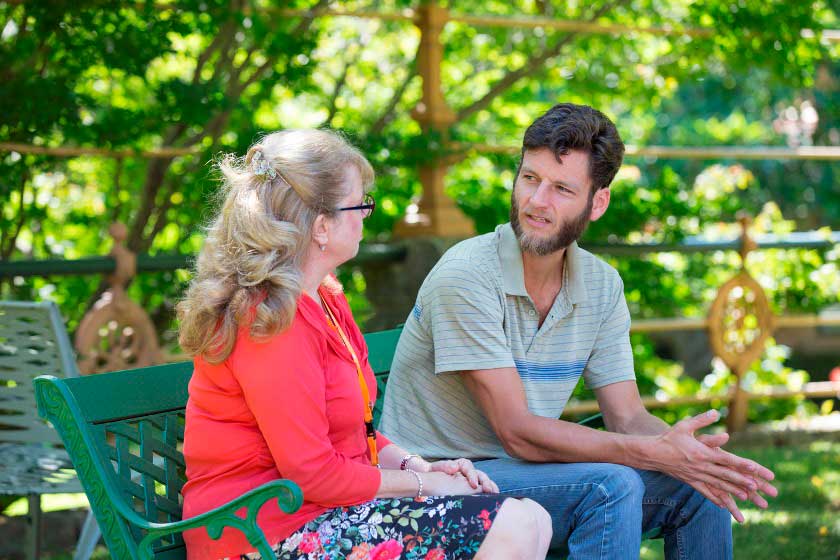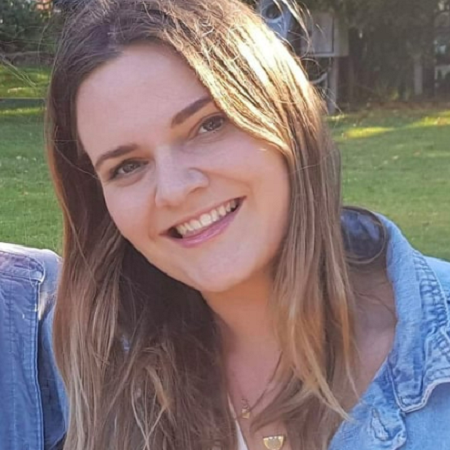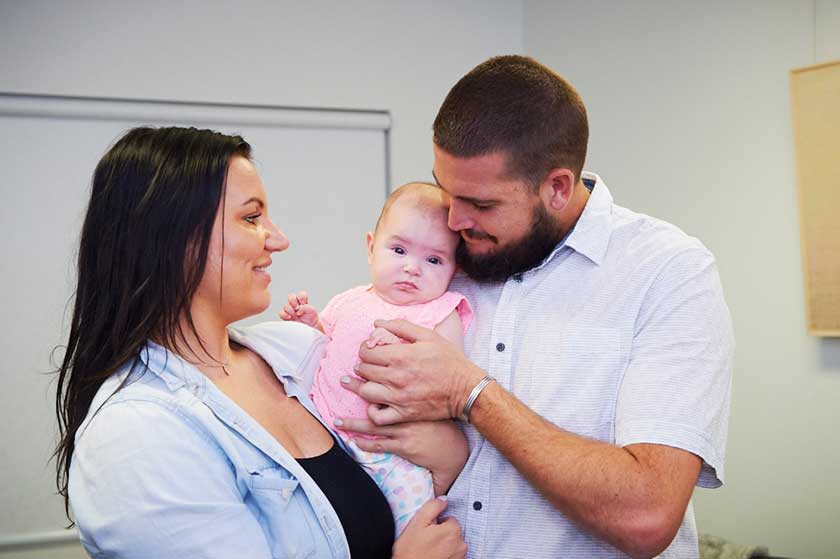I think my loved one is using drugs, how can I be sure?
There is no hard and fast way to tell whether someone is using drugs or has a problem with drugs. Preparing yourself with accurate information, and talking openly and honestly with the person you’re concerned about are good starting points.
Behavioural changes may be the first indication that your loved one is using drugs. These changes vary but can include:
- withdrawing from people and usual activities
- extreme mood changes
- increased spending or possessions going missing
- sleep changes
- agitation or restlessness
- regular mid-week sick days off work or studies.
Behaviour changes, particularly in teenagers are not unusual, so its important to talk about these changes rather than automatically assuming drugs are involved.
There are also items in your loved one’s environment that may point towards drug use such as:
- burnt foil
- very small pieces of wrapping such as paper/card/cling film
- hand-rolled cigarettes with filters made from cardboard
- spoons and syringes
- small plastic bags
- pipes or plastic bottles that have been pierced.
Getting help for your loved one
If your loved one is using drugs – help is available.
However, while you may want them to urgently get help, they will only seek help when they are ready.
The best port of call in the first instance is their GP for help in accessing alcohol and other drug services. Otherwise, the person can contact their local community alcohol and other drug service directly.
Practical support you can provide
1. Talk with them – let them know of your concerns and that you support them in seeking help when they choose this
2. Let them know what support is available
3. Acknowledge that they may be feeling anxious about what is in store if they seek help – listen and provide encouragement
4. Support your loved one to avoid situations which may trigger their substance use and to maintain contact with support services to help sustain changes they’ve made.
Remember, despite your best intentions and support your loved one may continue to choose to use drugs. This is their decision, and not your responsibility.
Make sure you take time to look after yourself and get the support you need as you care for your loved one.
More information
Mental Health Telephone Access Line: 1800 011 511
Alcohol and Drug Information Service: 1800 250 015











